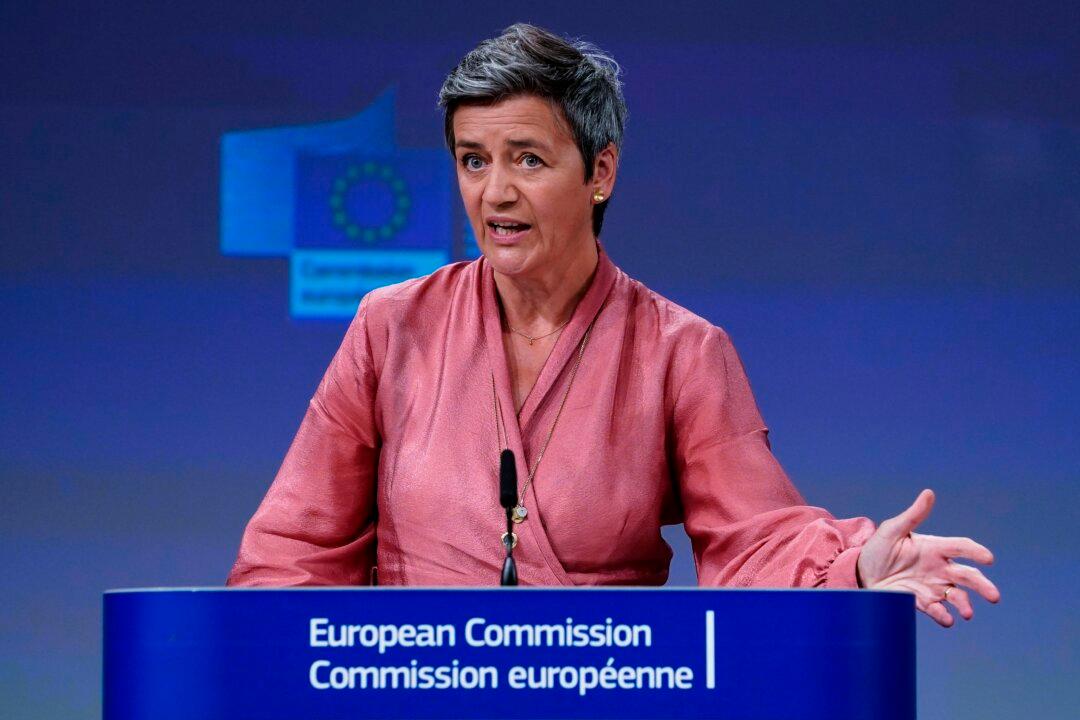WASHINGTON—The European Union is moving forward with adopting protectionist rules to defend its companies against subsidized foreign competitors, a move that is expected to curtail the activities of state-owned Chinese companies in Europe.
European Commission Vice President Margrethe Vestager, in charge of competition and digital policy, said the EU needs to have “the right tool” to tackle distortive foreign subsidies that are “uncontrolled” and “unchecked.”





